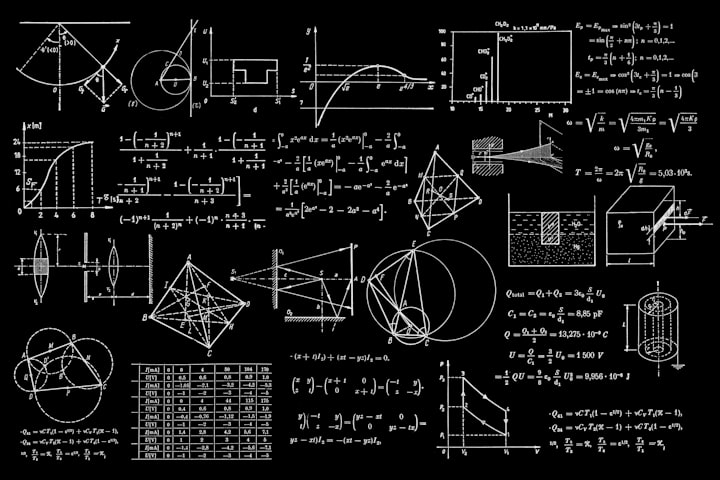
Quantum computing is an intriguing and rapidly advancing field that holds the promise of revolutionizing the way we solve complex problems. By harnessing the principles of quantum mechanics, this emerging technology offers unprecedented computational power and the potential to solve challenges that are currently beyond the reach of classical computers. In this article, we will delve into the fascinating world of quantum computing, demystify its underlying concepts, explore its potential applications, and discuss the challenges and future prospects of this transformative technology.
The Basics of Quantum Computing
At its core, quantum computing leverages the principles of quantum mechanics, a branch of physics that describes the behavior of matter and energy at the smallest scales. While classical computers use bits to represent information as either 0s or 1s, quantum computers utilize quantum bits, or qubits, which can exist in multiple states simultaneously due to a property known as superposition. This ability to be in multiple states simultaneously is what gives quantum computers their immense computational power.
Superposition and Quantum Entanglement
Superposition allows qubits to exist in a combination of states, meaning they can represent both 0 and 1 simultaneously, and any superposition of those states. This enables quantum computers to perform calculations on a vast number of possibilities simultaneously, exponentially increasing their computational capacity compared to classical computers. Quantum entanglement, another principle of quantum mechanics, allows qubits to become correlated in such a way that the state of one qubit is intrinsically linked to the state of another, regardless of the distance between them. This phenomenon enables quantum computers to perform parallel computations and share information instantaneously, making them highly efficient for certain types of problems.
Quantum Algorithms and Applications
Quantum computing has the potential to revolutionize numerous fields by solving problems that are currently intractable for classical computers. For example, quantum algorithms such as Shor's algorithm can factor large numbers exponentially faster than classical algorithms, posing a significant threat to the security of modern encryption methods. Quantum simulations hold promise in fields like material science, drug discovery, and optimization problems, where complex systems can be modeled with unprecedented accuracy and efficiency. Additionally, quantum machine learning algorithms are being developed to enhance pattern recognition and optimization tasks.
Challenges and Limitations
While quantum computing offers great potential, it also faces significant challenges. One major obstacle is the delicate nature of qubits. Quantum systems are extremely sensitive to their environment, and even the slightest interference can cause errors in calculations, leading to loss of coherence, or "decoherence." Scientists and engineers are actively working on developing error-correction techniques and more stable qubit designs to overcome this challenge.
Another limitation is the current lack of scalability. Quantum computers with a sufficient number of qubits are required to tackle complex problems efficiently. However, building and maintaining qubits at scale is a formidable task due to technological constraints and the need for extreme temperatures and isolation from external disturbances. Despite these challenges, significant progress is being made, and researchers are exploring various qubit technologies, including superconducting circuits, trapped ions, topological qubits, and more.
The Future of Quantum Computing
The future of quantum computing is incredibly promising. As technology advances and our understanding of quantum mechanics deepens, we can expect to witness the development of more powerful quantum computers capable of solving complex problems that were once considered impossible. Quantum computing will likely have a profound impact on cryptography, optimization, material science, drug discovery, and other fields. Collaborations between academia, industry, and government institutions will be crucial in driving innovation and realizing the full potential of this technology.
Quantum computing represents a paradigm shift in computational power and has the potential to revolutionize the world as we know it. By harnessing the unique properties of quantum mechanics, this emerging field offers unprecedented possibilities for solving complex problems that are currently beyond the capabilities of classical computers. While significant challenges remain, the ongoing research and development in quantum computing bring us closer to a future where quantum algorithms and systems will transform industries, fuel scientific discoveries, and reshape the boundaries of human knowledge. Exciting times lie ahead as we continue to unlock the power of quantum mechanics through the fascinating field of quantum computing.
About the Creator
Noé gomes
I am a creative writer with a passion for technology, finance, and many other things that are interesting to me.






Comments
There are no comments for this story
Be the first to respond and start the conversation.